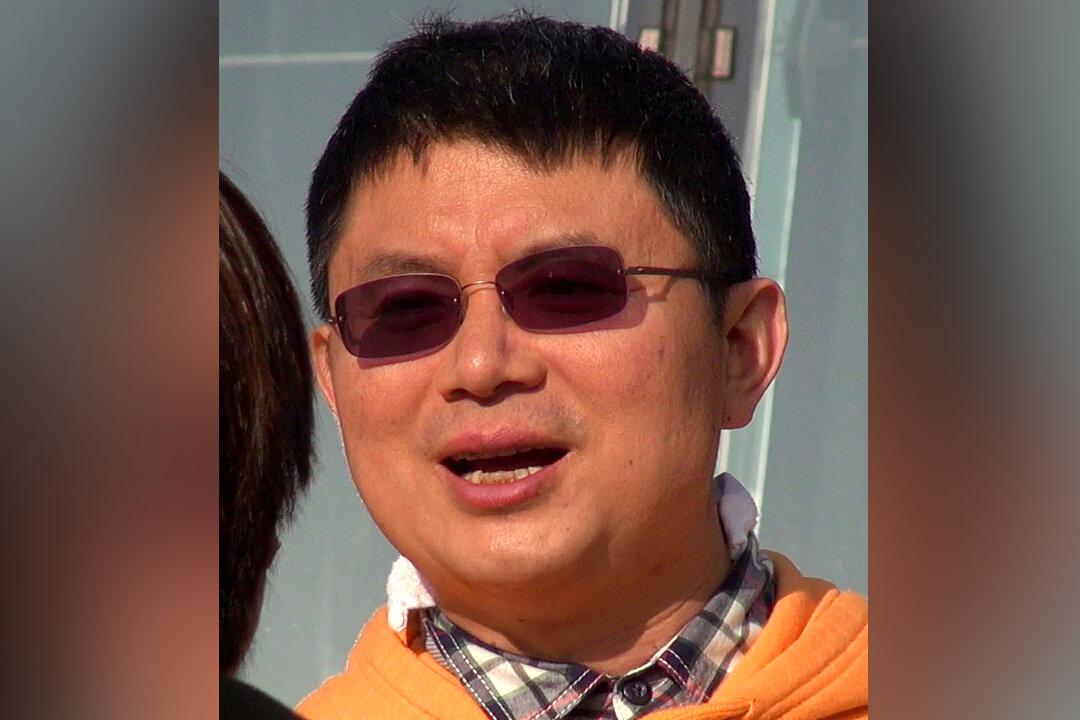A Shanghai court on Aug. 19 sentenced Chinese Canadian billionaire Xiao Jianhua, who hasn’t been seen in public since 2017 and is known to have financial ties with some Chinese Communist Party (CCP) elites, to 13 years in jail and a fine of 55.03 billion yuan ($8.1 billion).
Xiao and his Tomorrow Holdings conglomerate were convicted of illegally absorbing public deposits, betraying the use of entrusted property, and the illegal use of funds and bribery, the Shanghai First Intermediate Court said in a statement published on social media.




